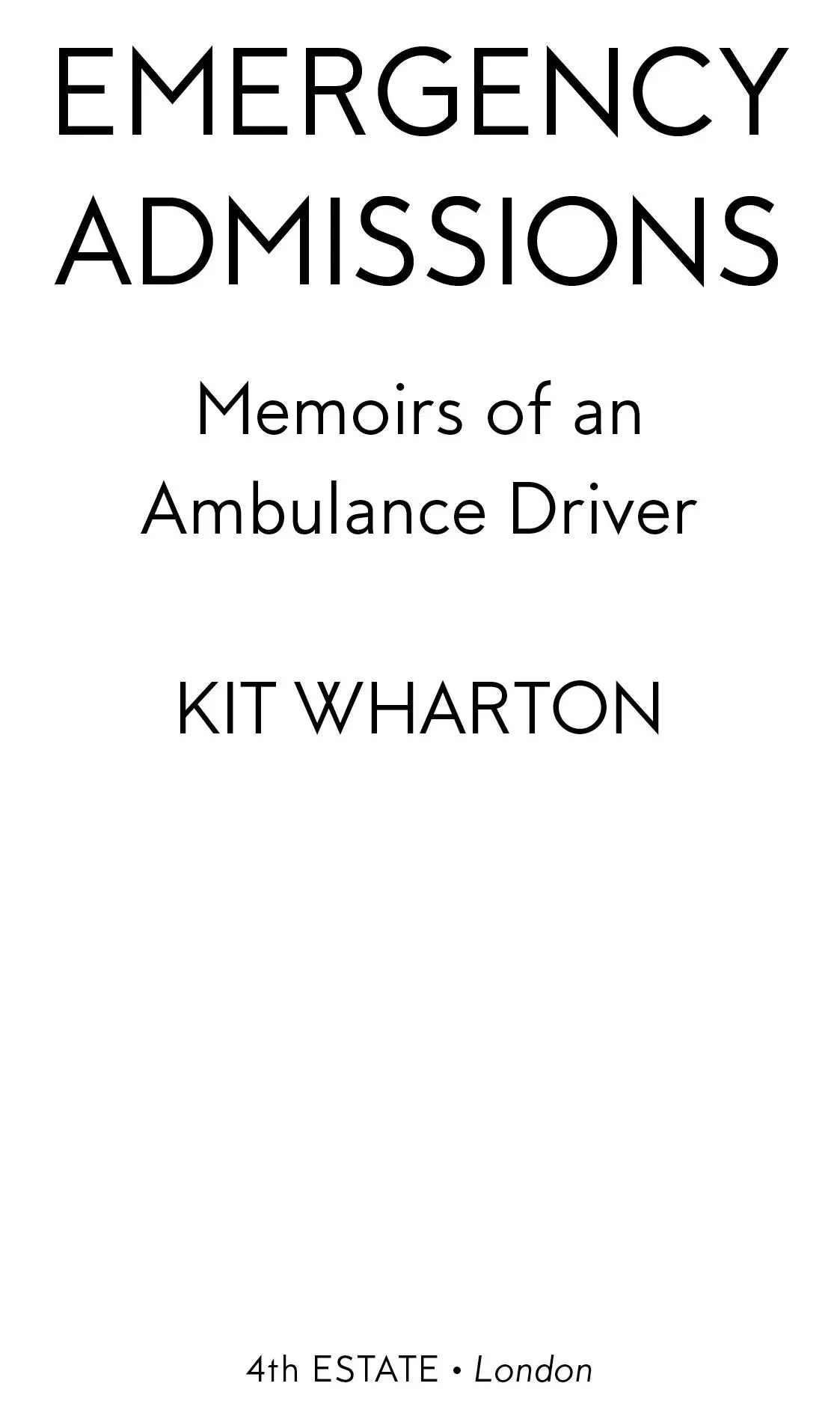
4th Estate
An imprint of HarperCollins Publishers Ltd
1 London Bridge Street
London SE1 9GF
www.4thEstate.co.uk
This eBook first published in Great Britain by 4th Estate in 2017
Copyright © Kit Wharton 2017
Kit Wharton asserts the moral right to be identified as the author of this work
A catalogue record for this book is available from the British Library
Cover photograph © mediaphotos/Getty
All rights reserved under International and Pan-American Copyright Conventions. By payment of the required fees, you have been granted the non-exclusive, non-transferable right to access and read the text of this e-book on screen. No part of this text may be reproduced, transmitted, down-loaded, decompiled, reverse engineered, or stored in or introduced into any information storage and retrieval system, in any form or by any means, whether electronic or mechanical, now known or hereinafter invented, without the express written permission of HarperCollins.
Source ISBN: 9780008188634
Ebook Edition © January 2017 ISBN: 9780008188610
Version: 2018-09-13
For Ren and Fin
Cover
Title Page
Copyright
Dedication
Disclaimer
1 Just Another Shift …
2 Communication
3 Frequent Flyers
4 Emergency Admissions
5 Fear
6 Alcohol
7 Arguments
8 Children
9 Mental Illness
10 Unsafe Discharges
11 Luck
12 Road Traffic Collisions
13 Sex
14 Suicide
15 Mistakes
16 Heroes
17 Timing
18 Bodies
19 Those Left Behind
20 Pillars of the Community
21 Wonderful People
22 Children (Again)
23 The Best Job in the World
Acknowledgements
About the Author
About the Publisher
This is a journal I’ve kept since joining an NHS emergency ambulance service trust somewhere in England in 2003. And an explanation of why I joined in the first place.
It’s the best job in the world. I’m still learning. Often about people. If you even think you know them, you don’t know them well enough. What did Robert Capa say? If your pictures aren’t good enough, you’re not close enough.
I should point out I’m not a doctor or nurse or even a paramedic. Pretty much the whole NHS is better qualified than I am. I’ve said to many a patient: no point asking me – thick as a whale sandwich – you might as well ask the cat. I just take you to see the right people. I should also point out I’m not a professional writer. If you’re expecting Marcel Proust you might be disappointed. The journal is not endorsed by any ambulance service and no views expressed should be taken as those of one. Nothing should be taken as medical advice. All mistakes are my own. And some procedures and practices may have changed since I wrote about them.
Nothing has been invented or exaggerated – I wish some of it had, and actually I’ve toned some of it down – but names, locations, dates, sexes, medical conditions, characters and other details have been changed, disguised or amalgamated to protect anonymity.
One more caveat. A ‘normal’ job would be: called to a patient, say, fallen over. Patient is conscious or unconscious, and has no injuries/some injuries/lots of injuries. Patient is checked out and left at home or taken to hospital, where patient makes a good recovery/a partial recovery/unfortunately dies. The sort of job we do every day. Thousands of times a day.
The following are not normal jobs.
And you may need a strong stomach for a few of them …
1
All human life is here, as the News of the World used to say. On this shift, even more than usual.
Robert, Edward and Davina
It’s the sunny evening of a bright spring day, but not in the mind of the next patient. We get a 999 call to Robert, in his fifties, with a long history of mental illness.
Robert is a tall thin man, with sunken eyes. He’s hearing voices in his head, telling him to hurt himself, or someone else. He’s tried to hurt himself in the past – and succeeded. You can see the scars all over his body.
Because of the nature of the job, the police come along and we meet them at the address. It’s a pretty cottage, isolated down a track, with a lovely view over fields of corn and only the hum of the motorway to spoil things. But the garden tells you things are not right. There’s an old sleeping bag in the middle of the grass, lots of other rubbish, and empty bottles and cans everywhere. No one’s exactly been pruning the roses. Pity. Wouldn’t mind living here myself.
But I wouldn’t want what’s going with it today.
We go in with the police to find a male lying in bed, bottles all over the floor and the room filthy. Dirty clothes and faeces everywhere. The patient’s eyes stare into another world where you wouldn’t want to go. There’s an empty litre of off-brand gin by the bed – he’s drunk it this morning – and a large kitchen knife. The WPC steps forward and removes it.
—We won’t be needing that, will we?
She leaves us. I’m ‘attending’ this job, which means I deal with the patient. My crewmate stays outside with the police. I talk to him gently for a bit just so he can get used to me and not feel threatened.
I ask whether he’s happy to go to hospital.
—Yes.
—Super. Well let’s get some trousers on, shall we?
(Usually a good idea to keep it bright and breezy.)
—OK.
He gets up and crosses to the cupboard in the corner. Out of it – wordlessly – he pulls a bloody great machete, maybe three foot long, which he looks at and weighs in his hand as if he’s buying it in a shop. No sign of any trousers.
Shit.
—I don’t think we’ll be needing that, will we, mate!
I say it loudly, so the police hear and, since it’s all gone a bit pear-shaped, I back out of the room.
The coppers are outside in the corridor. I tell them what’s happened.
—All right. Get outside.
From the front door we can hear the ‘discussion’ that follows.
—Put it down, Robert!
Nothing.
—Put it down!
More nothing.
—Put it down or we fucking spray you! Now!
The police carry pepper sprays and the like, but it’s not good using them in a confined space like this.
My crewmate’s called Valerie. Ten years younger than me, a lot prettier, but twenty years older when it comes to things like common sense. She has that weird and annoying female gift, the ability to be right, about everything, all the time.
—We don’t want to get involved in this. That stuff’s horrible.
She drags me out.
Within a minute there are sounds of a scuffle and the handcuffed patient comes out with the two police either side of him. Under the anaesthetic of a litre of gin, Robert is unaffected, but the two coppers are suffering terribly, coughing and wheezing and spluttering, and the patient’s holding them both up as they cling on to him like children.
We grab the patient and bundle him into the ambulance with a seatbelt on him, where he sits admiring the scene, while we put oxygen masks on the police who are sitting on the bonnet of their car and trying to breathe again.
It takes a good twenty minutes for the spray to wear off.
Then we take all three down to A&E.
Читать дальше
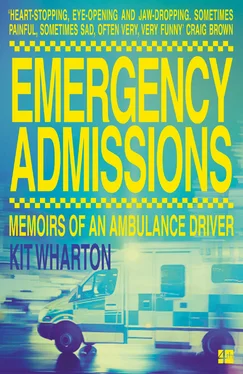

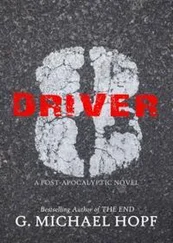

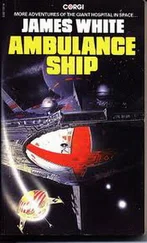



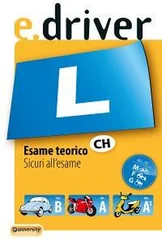



![Benjamin Franklin - Memoirs of Benjamin Franklin; Written by Himself. [Vol. 2 of 2]](/books/747975/benjamin-franklin-memoirs-of-benjamin-franklin-wr-thumb.webp)
![Benjamin Franklin - Memoirs of Benjamin Franklin; Written by Himself. [Vol. 1 of 2]](/books/748053/benjamin-franklin-memoirs-of-benjamin-franklin-wr-thumb.webp)